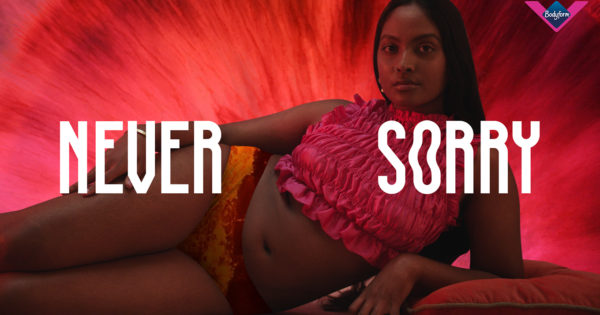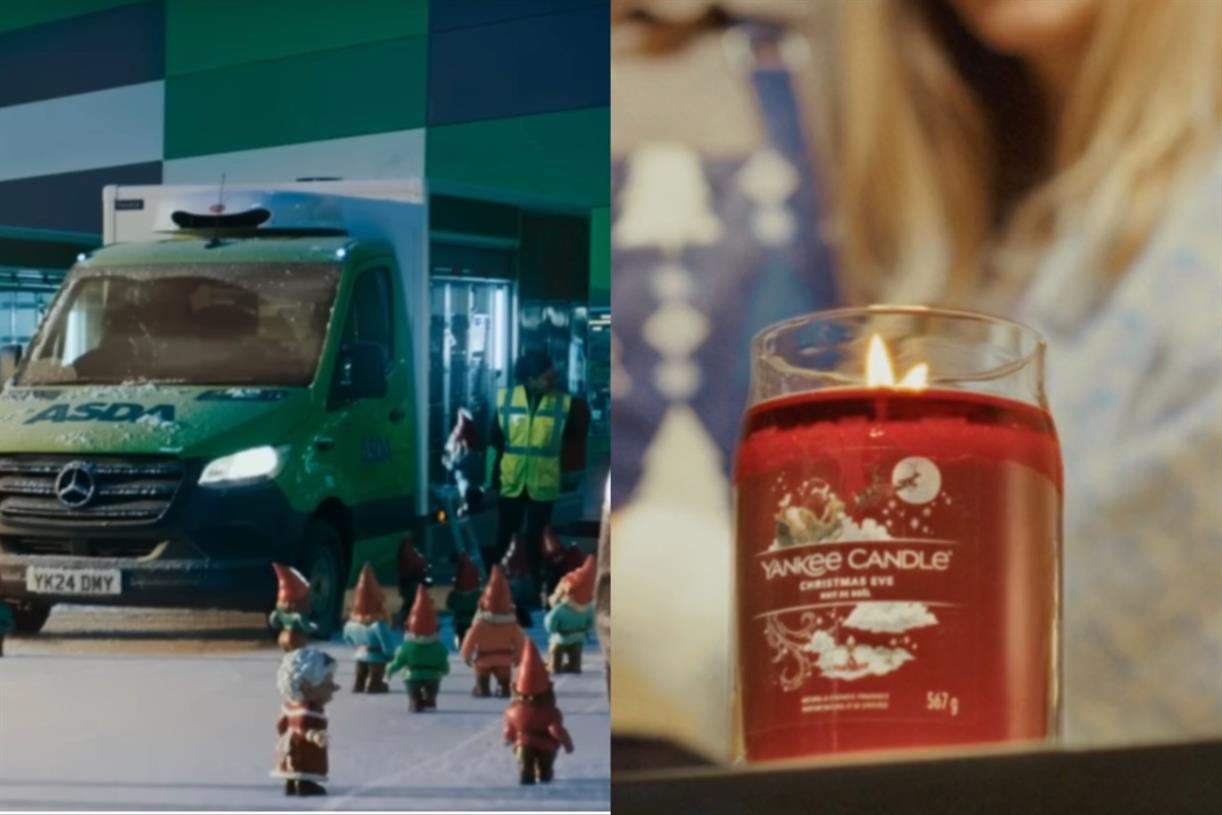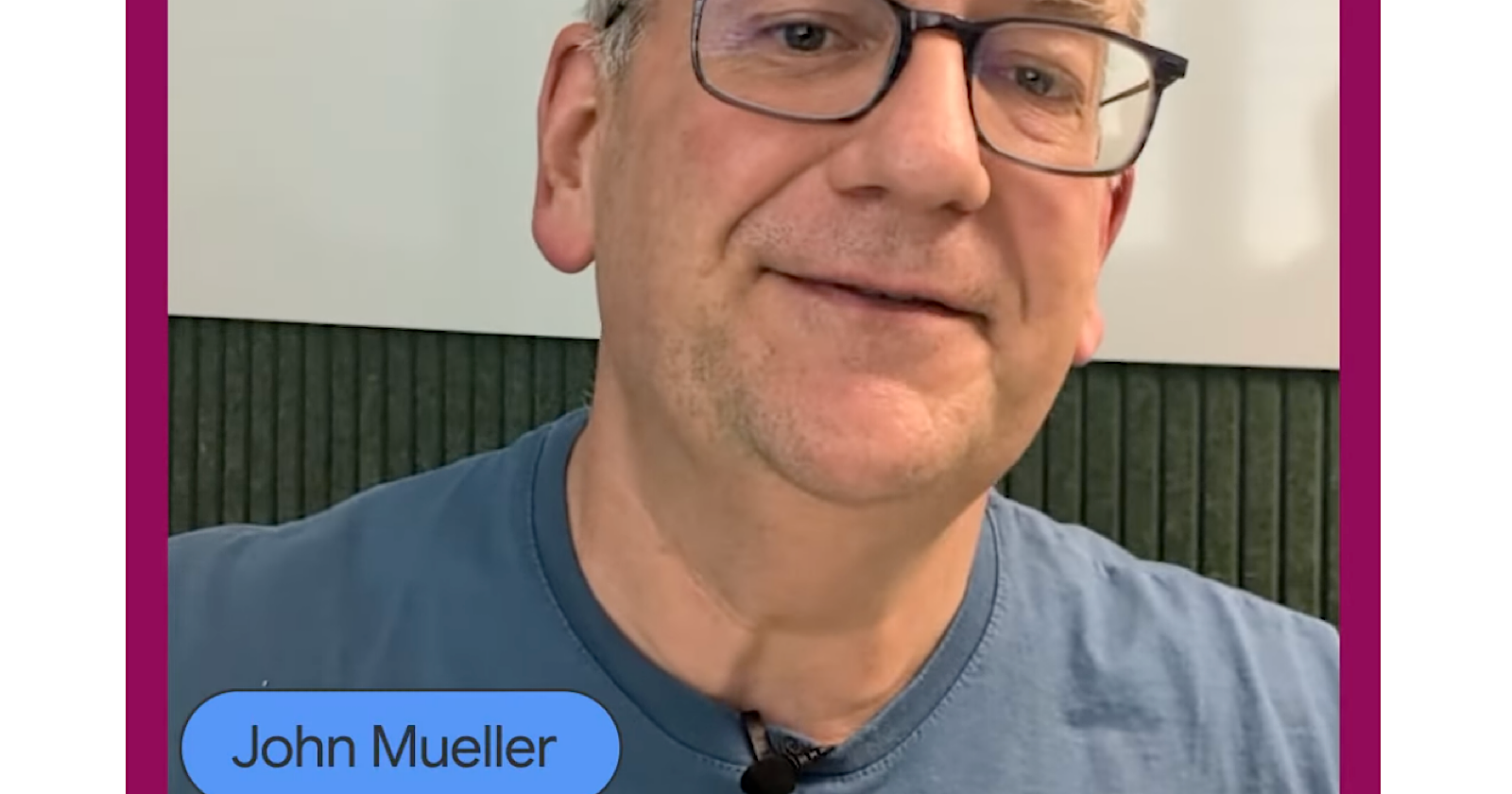Sprite sponsors new ‘Black Panther’ movie—here are its plans
The Coca-Cola Co. brand is using ‘Black Panther: Wakanda Forever’ to appeal to young multicultural creators.
Sprite, known for its hip-hop marketing, is taking a big leap into Hollywood by sponsoring Marvel Studio’s “Black Panther: Wakanda Forever,” the highly anticipated sequel to the 2018 groundbreaking original.
The Coca-Cola Co. brand is going way beyond traditional movie marketing tactics such as TV ads and co-branded packaging. The effort—which marks Sprite’s first movie sponsorship in at least 40 years— includes an augmented reality experience that features videos from multicultural women behind the film, as well as an interactive “Hall of Zero Limits,” a microsite that includes more behind-the-scenes Black Panther content.
Wieden+Kennedy New York is the lead agency on the campaign, which Sprite executives described as its biggest marketing effort of the year, supported with media buys across linear TV, digital, streaming and social media. Ads begin today in advance of the Nov. 11 release of the film.
The original Black Panther movie was not only a box office hit but a cultural milestone, celebrated for its portrayal of a Black superhero while using a majority Black cast and Black director, Ryan Coogler. Wakanda—a fictional wealthy African country—is seen to represent what the New York Times Magazine contributor Carvell Wallace in 2018 described as “a place for multiple generations of Black Americans to store some of our most deeply held aspirations.”
“Wakanda Forever” stars Angela Bassett as Queen Ramonda and has the nation fighting intervening world powers in the wake of the death of King T’Challa, who was played by Chadwick Boseman in the original. (Boseman died of cancer in 2020.)
'A cultural phenomenon'
Sprite leaders first began meeting with Marvel more than a year ago and jumped at the chance to sponsor the sequel.
“Who doesn't want to be part of such a cultural phenomenon that shifted and changed people's perceptions on what Black folks could do,” said A.P. Chaney, Sprite’s North America creative director. The film franchise “speaks to Brown and Black creators and people changing the world and that, to us, was a momentous shift,” she said. Sprite’s marketing has sought to change perceptions of Black creators, “so why not partner with such a franchise that is doing the same,” she added.
While the campaign includes traditional ads plugging Sprite Zero Sugar, including a TV spot, much of the effort is focused on helping young multicultural audiences learn from people of color who played instrumental roles in producing “Wakanda Forever.”
Videos in the “Hall of Zero Limits” site feature first-hand accounts on movie-making from creators such as Hannah Beachler, the first Black person to win an Oscar for production design for her work in the first Black Panther movie. The site also includes a “Find Your Gift” quiz in which users input their passions and interest to reveal their personality type and get career advice; in one result the quiz describes a user as a “visionary” who might be suitable for work in the sound, design, software, aerospace, industrial, or biomedical fields.
Limited-edition Sprite Zero Sugar cans and bottles include the movie logo as well as a QR code that unlocks the AR experience and the microsite.
Leaning into STEAM
With the content, Sprite leans into science, technology and arts themes that back the Black Panther film franchise (there are countless web articles dedicated to describing the futuristic gadgetry in the movie). But Sprite seeks to portray its content in a way that encourages young people to explore career paths, no matter what their current situation.
“We are telling our consumers to explore and find their gift,” said Chaney, noting that she started out as a paralegal before becoming a creative director. “You can change and pivot at any moment. And we use great talent from the film ... to kind of explore the intersection of STEAM (science, technology, engineering, arts and mathematics), women empowerment, adversity, as well as just finding your gift and letting it kind of find you.”
Beachler is featured in a video in the “Origin Stories” section of the “Hall of Zero Limits,” in which she described her rural Ohio upbringing and how she recalled her imaginary play as a child as a spark to create the elaborate Wakanda set and world that Coogler charged her with developing. Also featured are Black Panther creatives Jasmine Alexia, a storyboard artist; and Alicia Diaz, a sculptor.
The TV ad is more frivolous, showing a man reaching for a Sprite Zero Sugar in his refrigerator where he is greeted by a Wakandan Dora Milaje warrior with his fridge turning into a portal to Wakanda.
The decision to feature Sprite Zero Sugar in the campaign, rather than regular Sprite, was in part driven by Marvel’s nutritional guidelines for brand partners, said Terika Fasakin, Sprite North America’s brand director. But also Sprite wanted to raise more awareness for the no-sugar variety, which accounts for about 12% of sales and is experiencing new momentum, she said.
Sprite’s movie campaign follows years of mostly music-based marketing. The lemon-lime soda was an early mover on hip hop, tapping artists such as Kurtis Blow for ads in the 1980s before rap became a force in pop culture.
Black Panther fits into Sprite’s hip hop DNA because “hip hop is heavily influenced in the film,” said Chaney. The original film’s soundtrack was curated by Kendrick Lamar, while music for “Wakanda Forever” includes a cover of Bob Marley's "No Woman, No Cry" by Nigerian artist Tems, including a sample of Kendrick Lamar's "Alright."
“You will see in the film that hip hop has inspiration throughout the actual movie itself—and same with Sprite,” Chaney said.

 MikeTyes
MikeTyes 

























.jpg)





